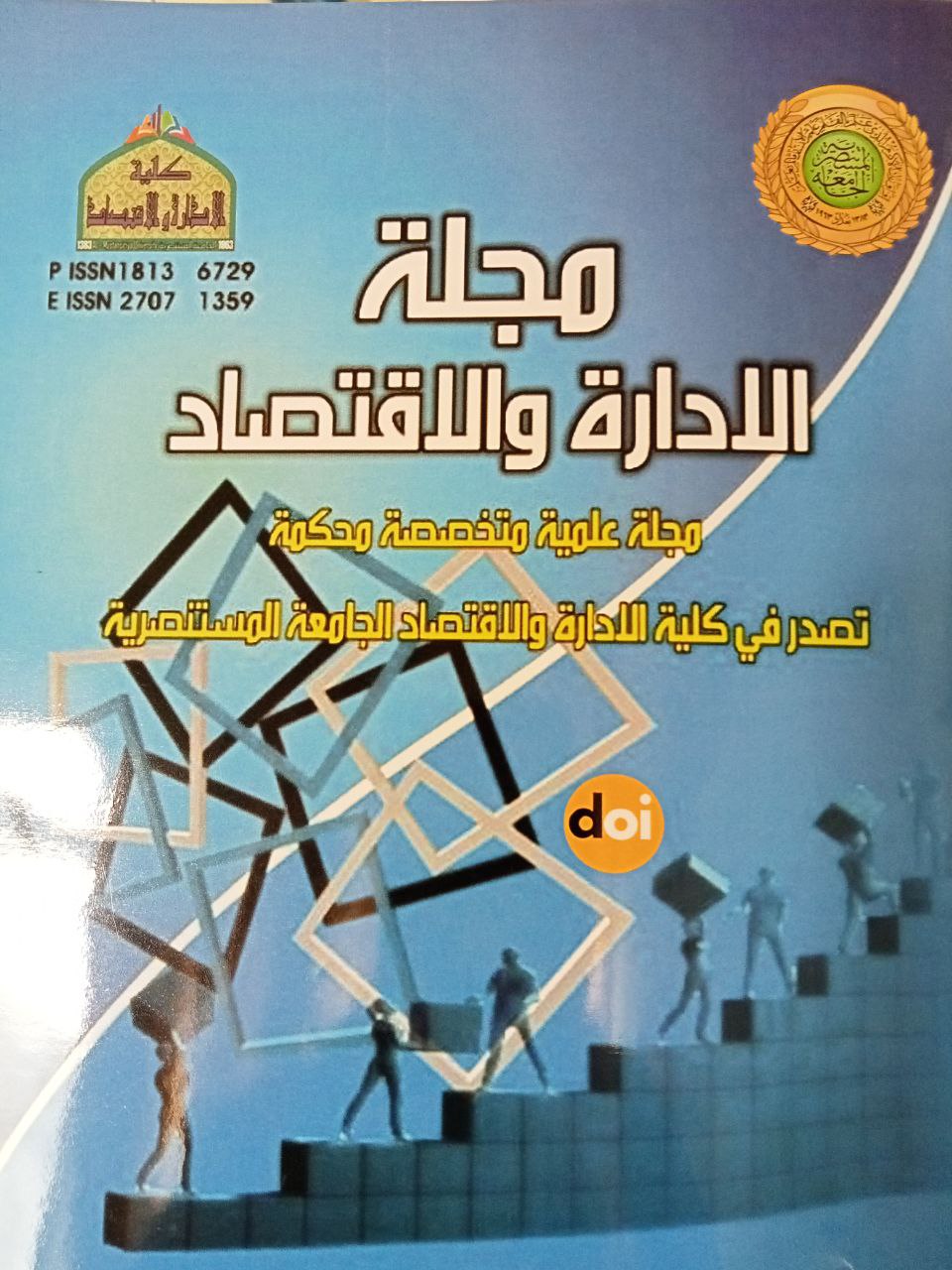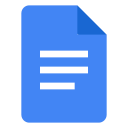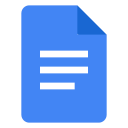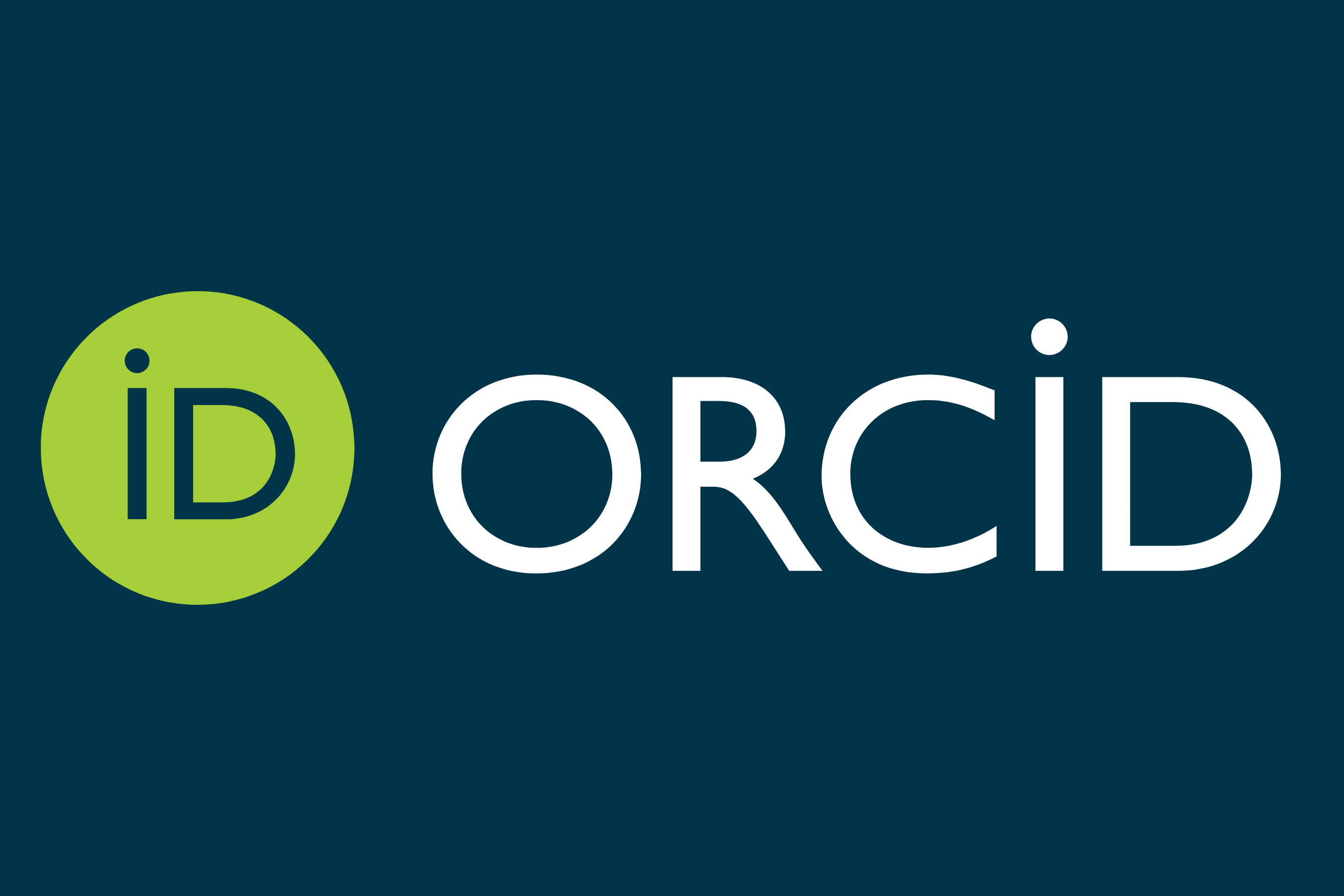Digital Leadership and its Role in Enhancing the Quality of Digital Education: An Analytical Exploratory Study at the Universities of Warith al-Anbiya and Al-Zahra University
DOI:
https://doi.org/10.31272/jae.i146.1316Keywords:
Digital leadership, digital education, University of Warith Al-AnbiyaaAbstract
This study explores the role of digital leadership in enhancing the quality and effectiveness of digital education at the Universities of Heir al-Anbiya and Al-Zahra University. The research seeks to understand how digital leadership can improve the digital learning experience for faculty at these two universities. The study included faculty members at the Universities of Warith al-Anbiya and Al-Zahra University, where 221 professors were chosen from various colleges to represent the study population. The study also adopted a survey approach, where data was collected through a questionnaire distributed to faculty members at the relevant universities, and this data was analysed using statistical methods to determine the relationship between the two variables. The study is considered necessary for understanding the impact of digital leadership on the quality and effectiveness of digital education and providing guidance for developing leadership strategies and management of digital education in universities.
The theoretical results showed a positive impact of digital leadership on the quality and effectiveness of digital education, as increased levels of digital leadership improved the learning experience for faculty members. Practical results showed an improvement in the quality of digital education due to the application of digital leadership principles. The study also concluded a positive relationship between digital leadership and the quality and effectiveness of digital teaching and that adopting the principles of digital leadership can contribute to improving digital education in universities. Based on the findings, it is recommended that training and development be enhanced to implement digital leadership principles among university faculty and encourage effective adoption of technology and innovation in digital education.
Downloads
References
[1] الحدراوي، حامد كريم & شاكر، نور حفظي، 2023، دور القيادة الرقمية في تحقيق التفوق الاستراتيجي دراسة ميدانية في كلية الحلة الجامعة الاهلية، مجلة الغري للعلوم الاقتصادية والادارية, 2023, المجلد 19, العدد 4, الصفحات 309-333
[2] فاضل، سهيلة محمد، 2023، القيادة الرقمية كمدخل لمعالجة البدانة التنظيمية وفقا لبيئة العمل الالكتروني، مجلة الغري للعلوم الاقتصادية والادارية, 2023, المجلد 19, العدد 4, الصفحات 849-880.
[3] Ana, Iglesias, Rodríguez., Yolanda, Martín, González., Azucena, Hernández, Martín. (2023). Evaluación de la competencia digital del alumnado de Educación Primaria. RIE, 41(1):33-50. doi: 10.6018/rie.520091
[4] Ateerah, Abdul, Razak., Amanina, Abdul, Razak., Farhana, Haji, Shukor. (2022). Effective Practices for Educators to Increase Online Interaction Quality. Utamax, 4(1):1-14. doi: 10.31849/utamax.v4i1.8355
[5] Brigitte, Sola. (2022). Digital Leadership. 132-144. doi: 10.4018/978-1-6684-3453-6.ch010
[6] Farooq, Ahmed., M., Muzamil, Naqshbandi., Mehwish, Waheed., Noor, ul, Ain. (2024). Digital leadership and innovative work behaviour: impact of LMX, learning orientation and innovation capabilities. Management Decision, doi: 10.1108/md-04-2023-0654
[7] Hair, J., Hult, T., Ringle, C. & Sarstedt, M. (2017). A primer on partial least squares structural equation modelling (PLS-SEM. Los Angeles: Sage.
[8] Irina, Zhukovskaya. (2022). Digital Platforms Are an Important Aspect of the Digitalization of Higher Education. Otkrytoe Obrazovanie (Moskva), 26(4):30-40. doi: 10.21686/1818-4243-2022-4-31-40
[9] K.ZH., Nazarova., G., Kumisbaeva., E., Balkibaev. (2022). Effectiveness of using digital educational resources in teaching elements of mathematics. Қ.А. Ясауи атындағы Халықаралық қазақ-түрік университетінің хабарлары, 43-55. doi: 10.47526/2022-1/24-0080
[10] Kai, Reinhardt. (2020). Digital Leadership – Organisationen in digitalen Zeiten kompetent führen. 219-256. doi: 10.1007/978-3-658-28630-9_9
[11] Lizio, Marcel, de, Araujo., Sidik, Priadana., Vip, Paramarta., Denok, Sunarsi. (2021). Digital leadership in business organisations. 45-56. doi: 10.51629/IJEAMAL.V2I1.18
[12] Marina, Valerievna, Pisklova., M.I., Bekoeva. (2023). Increasing the personal efficiency of students in conditions of digitalisation of education. 98(1):326-330. doi: 10.33979/1998-2720-2023-98-1-326-330
[13] Mautso, K., & Goosen, L. (2023). Using Applicable E-Learning Principles to Promote Effectiveness and Quality in the Digital Era: Toward a More Inclusive and Resilient E-School. In Handbook of Research on Education Institutions, Skills, and Jobs in the Digital Era (pp. 359-381). IGI Global.
[14] Regine, Hinkelmann., Tasso, Enzweiler. (2018). Digital Leadership: Führung und mehr. 143-148. doi: 10.1007/978-3-658-19245-7_9
[15] Simon, Hensellek. (2020). Digital Leadership – Ein Rahmenwerk zur erfolgreichen Führung im digitalen Zeitalter. 1189-1207. doi: 10.1007/978-3-658-17291-6_81
[16] Simon, Hensellek. (2020). Digital Leadership: A Framework for Successful Leadership in the Digital Age. 2(1):55-69. doi: 10.4018/JMME.2020010104
[17] Stefan, Dörr., Pina, Albo., Beate, Monastiridis. (2018). Digital Leadership – Erfolgreich führen in der digitalen Welt. 37-61. doi: 10.1007/978-3-662-54885-1_3
[18] Xodjayeva, Mavlyuda. (2022). The role and effectiveness of the use of digital technologies in distance education. Academica: an international multidisciplinary research journal, 12(11):124-134. doi: 10.5958/2249-7137.2022.00862.x

Downloads
Published
Issue
Section
License
The journal of Administration & Economics is an open- access journal that all contents are free of charge. Articles of this journal are licensed under the terms of the Creative Commons Attribution International Public License CC-BY 4.0 (https://creativecommons.org/licenses/by/4.0/legalcode) that licensees are unrestrictly allowedto search, download, share, distribute, print, or link to the full text of the articles, crawl them for indexing and reproduce any medium of the articles provided that they give the author(s) proper credits (citation). The journal allows the author(s) to retain the copyright of their published article.
Creative Commons-Attribution (BY)









